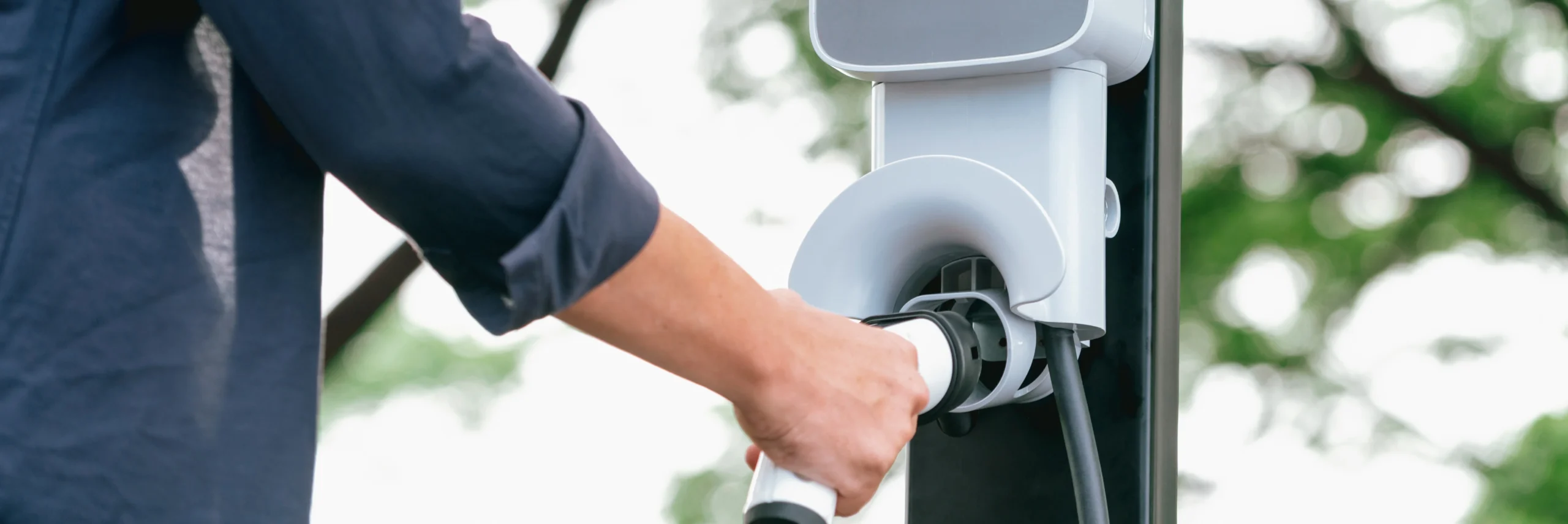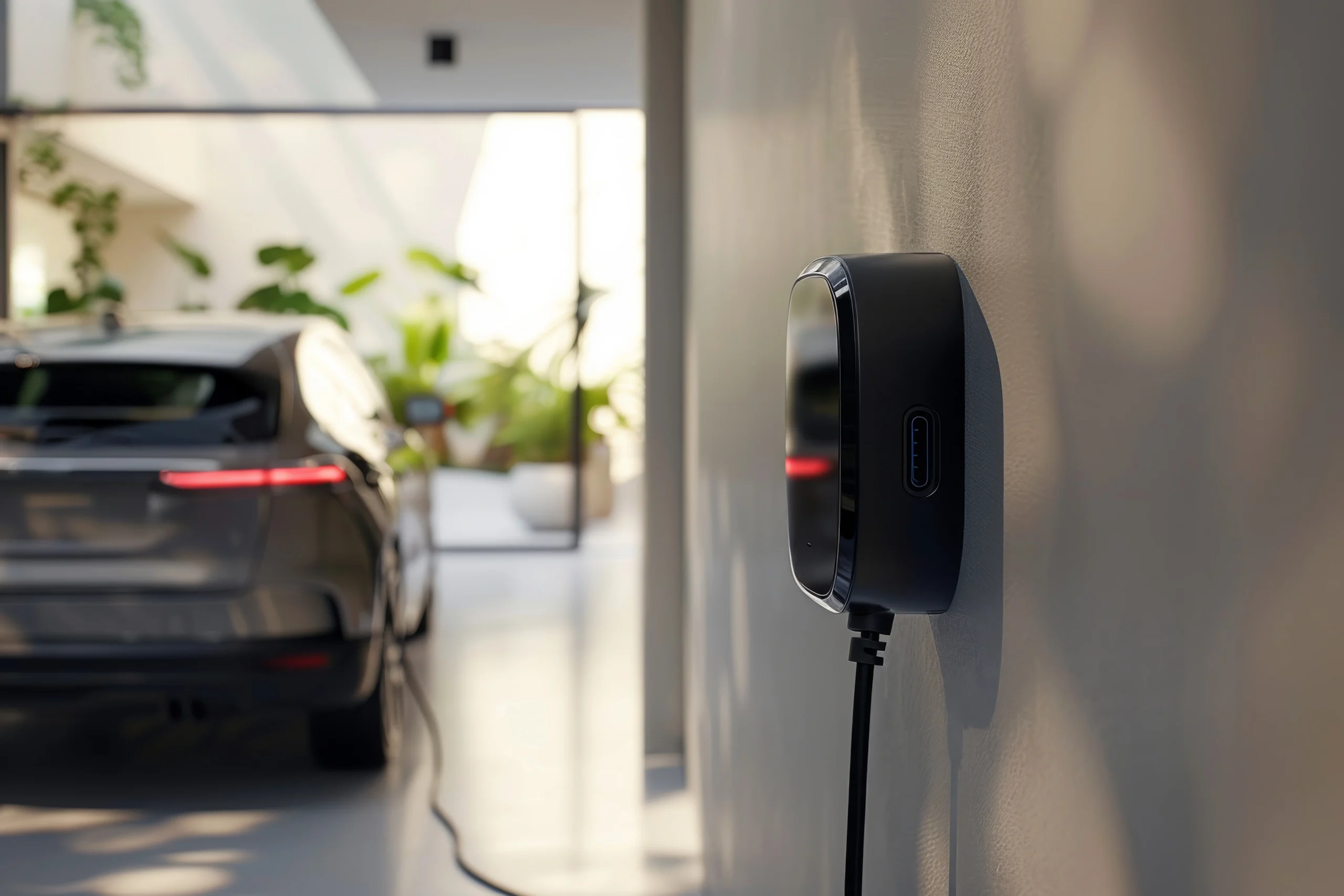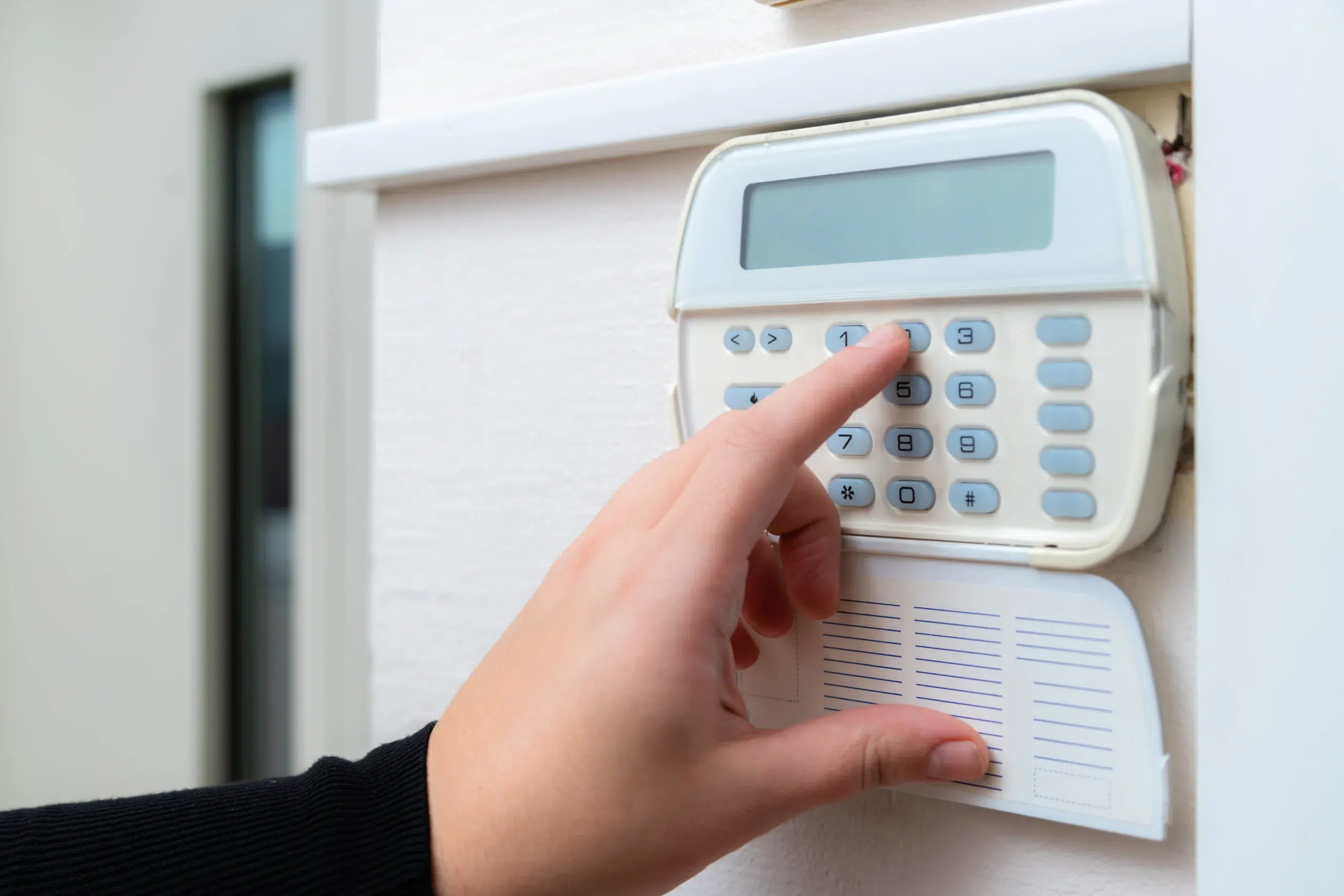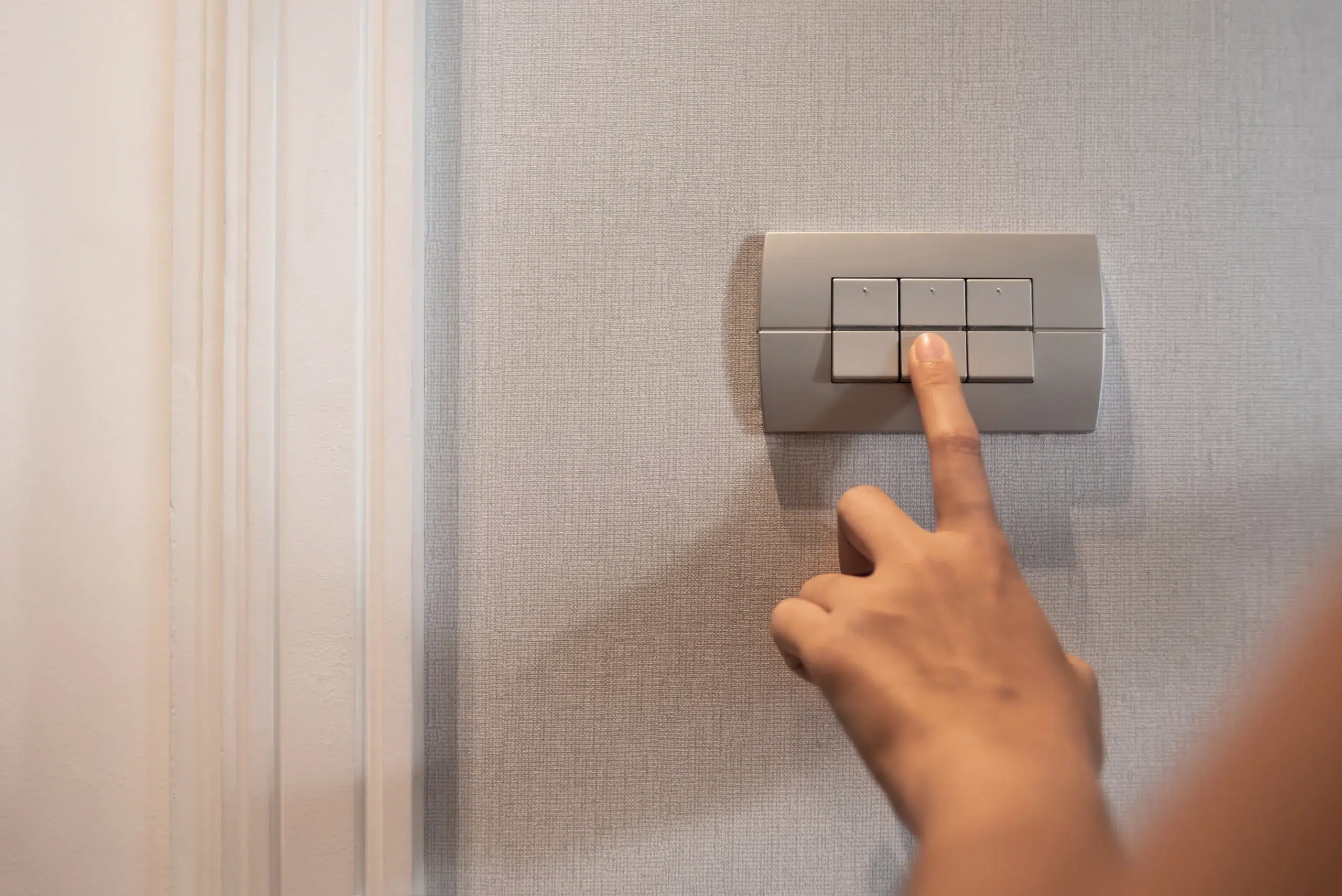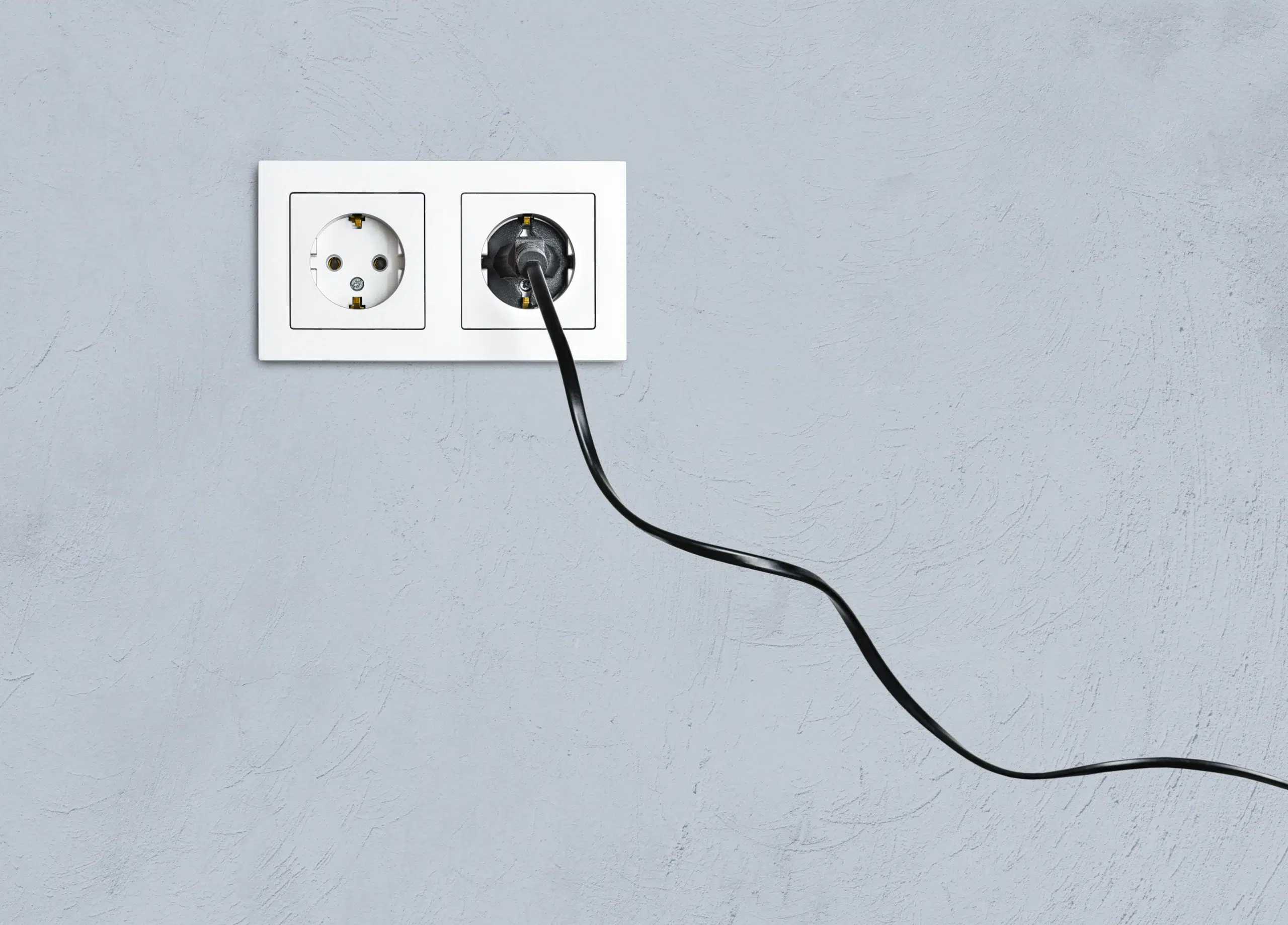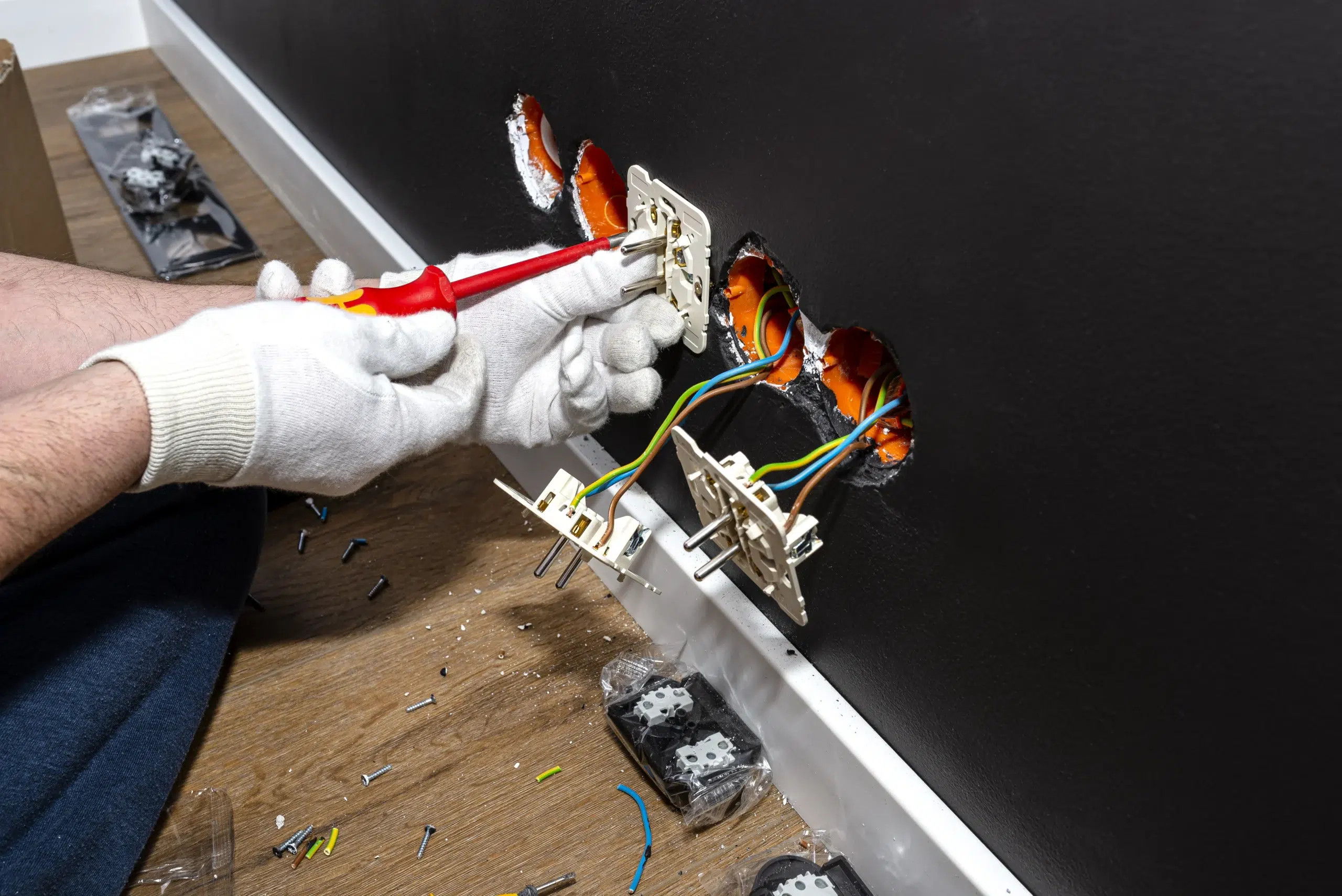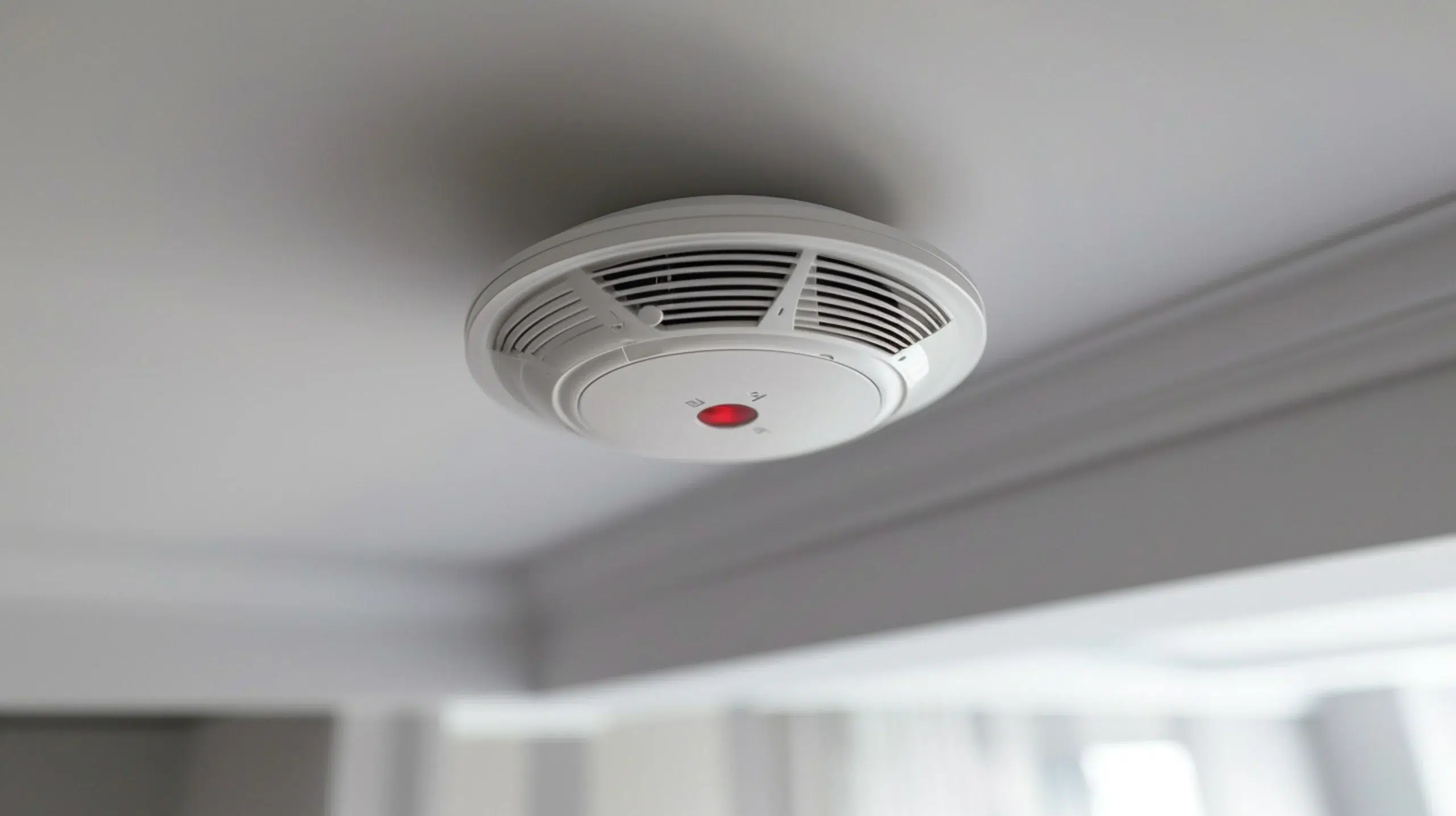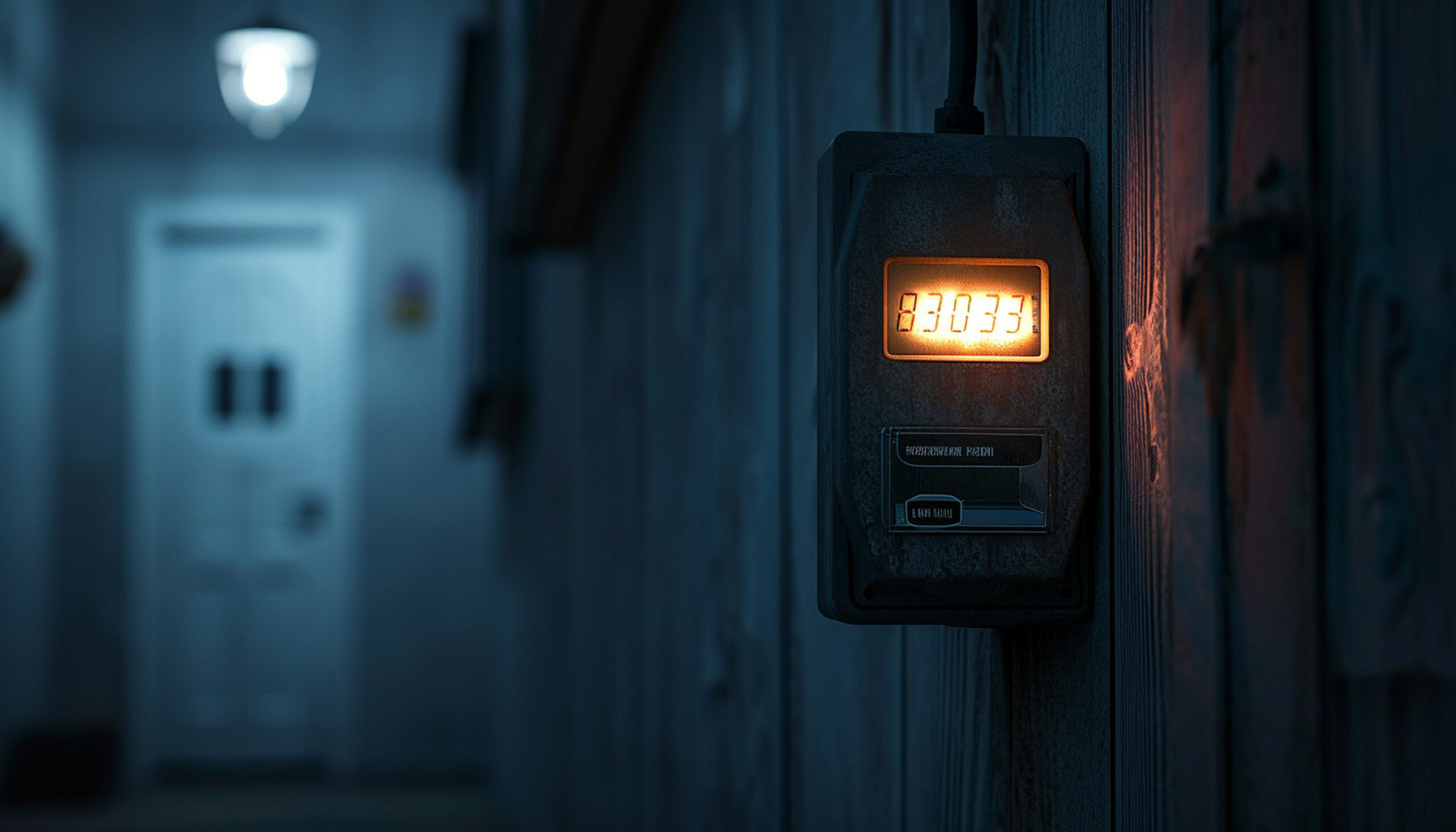An air conditioner is supposed to run quietly, providing comfort without drawing attention. But when it begins making unusual noises, it often indicates a deeper issue that could lead to costly repairs if left unchecked. Recognizing the meaning behind these different sounds can help you take action early, avoiding further damage to your unit.
Common AC noises and what they mean
Rattling sounds
Rattling is one of the most common noises people hear from their air conditioners. This sound can come from loose components or debris trapped within the system. Over time, screws or fasteners may become loose, fan blades may get obstructed by dirt or foreign objects, and worn panels might vibrate against each other. While rattling may not seem like a major concern at first, ignoring it can lead to bigger issues, such as internal damage to the compressor or evaporator coil. If you hear this sound, it’s essential to address the problem early by tightening screws, removing debris, and inspecting any damaged panels.
Hissing sounds
Hissing noises are often a sign of a refrigerant leak. Refrigerant is the fluid that absorbs heat from inside your home and releases it outside. A refrigerant leak can dramatically reduce the cooling efficiency of your air conditioner, causing the system to work harder and use more energy. Hissing could also indicate airflow issues, such as a clogged air filter or blocked ducts. If left unchecked, both refrigerant leaks and airflow restrictions can lead to damage to critical parts like the compressor. A professional technician should be called in to inspect and repair the issue immediately to prevent further damage and restore your system’s efficiency.
Grinding sounds
Grinding sounds are typically more serious than rattling or hissing. They often indicate that a mechanical part inside the AC, such as the fan motor or bearings, is wearing out. When these components begin to fail, they can put excessive strain on the rest of the system, causing even more damage. Ignoring grinding noises can lead to a complete system failure, and repairs can become costly if left too long. If you hear grinding sounds, it’s best to stop using the AC and contact a technician immediately to replace worn-out parts. Acting quickly can save you from a total breakdown.
Buzzing or clicking
Buzzing or repetitive clicking sounds typically indicate electrical problems. These could stem from issues with the control board, capacitors, or wiring connections. While hearing a single click when the system turns on or off can be normal, continuous buzzing or clicking sounds often point to a deeper electrical issue that requires professional attention. These issues can affect the overall functionality of the system and even lead to further electrical hazards, so it’s important not to ignore them. Make sure to schedule an inspection with a qualified technician as soon as you notice these sounds.
Why you shouldn’t ignore noisy air conditioners
A noisy air conditioner is more than just an annoyance—it’s a signal that something may be wrong with the unit. Strange sounds are typically a warning that internal components are wearing out or there’s an electrical fault. If ignored, these minor issues can quickly escalate, causing significant damage to your system. Left untreated, you could be facing costly repairs or even a complete system replacement.
Fixing a noisy air conditioner early prevents further damage, improves the unit’s energy efficiency, and extends its lifespan. It also helps reduce unnecessary wear on the components, which can save you money on energy bills. By addressing the problem right away, you avoid the risk of breakdowns during extreme weather and ensure that your home remains comfortable year-round.

How to fix a noisy air conditioning
Air Conditioning Maintenance is essential for keeping your system running quietly and efficiently. Taking care of basic maintenance tasks can go a long way in fixing noisy air conditioners. Start by checking and cleaning the filters regularly. Dirty or clogged filters can restrict airflow, causing the system to work harder and make more noise. Cleaning the filters ensures that the air circulates freely, improving the system’s efficiency and reducing noise.
Conclusion
A noisy air conditioner is more than just a nuisance it’s a sign that something is wrong. Whether it’s rattling, hissing, grinding, or buzzing, each noise points to a potential problem that could lead to more serious issues if left unchecked. By identifying these sounds early and addressing the root causes, you can save yourself from costly repairs and extend the lifespan of your AC unit.
On The Hour Service offers professional air conditioning repair solutions across Sydney. Our experienced technicians will quickly diagnose and fix the issue, ensuring your system runs smoothly and quietly all year round. Don’t wait for a small problem to become a major one. contact us today to schedule your AC inspection or repair.
FAQ's
How often should I schedule air conditioner repairs?
If your air conditioner suddenly becomes loud, it could be due to loose parts, debris in the system, or internal damage. Early intervention can prevent further wear and costly repairs.
Can a noisy AC still work properly?
While your AC may still function, unusual noises indicate underlying issues that can worsen over time. Continuing to use it could reduce efficiency and lead to expensive repairs. Prompt servicing is recommended.
Is a hissing AC dangerous?
Yes, a hissing sound typically indicates a refrigerant leak or airflow obstruction. Both of these issues can cause your system to work harder and lead to significant damage. Immediate professional attention is necessary.
How often should I service my air conditioner?
We recommend servicing your air conditioner at least once a year to keep it running efficiently. Regular maintenance helps identify and fix minor problems before they become major issues, extending the life of your unit.
Can I fix the AC noise myself?
Minor issues, like cleaning filters and tightening screws, can be handled on your own. However, for more serious problems like electrical or mechanical issues, professional repair is essential to ensure safety and prevent further damage.
93 Exley Road Wedderburn NSW 2560 Campbelltown & South West Sydney
Why Installing Your Own EV Charger Could Void Your Car’s Warranty and Insurance
Why Installing Your Own EV Charger Could Void Your Car’s Warranty and Insurance Category: The...
Read MoreThe Hidden Damage Rodent Cause to Electrical Wiring and Insulation
What Does a Pre-Installation EV Charger Inspection Entail? Category: Installing an EV charger at your...
Read MoreThinking of Installing an EV Charger in Your Apartment or Shared Parking Area? Here’s What You Need to Know
Thinking of installing an EV charger in your apartment or shared parking area? Here’s what...
Read MoreIs It Safe to Install an EV Charger Outdoors in Sydney’s Weather Conditions?
How to Choose the Right Gate Intercom for Your Property Category: The increased availability of...
Read MoreHow to Choose the Right Gate Intercom for Your Property
How to Choose the Right Gate Intercom for Your Property Category: Selecting the appropriate gate...
Read MoreThe Light Switch Feels Warm or Smells Burnt — What Should I Do?
The Light Switch Feels Warm or Smells Burnt — What Should I Do? Category: Light...
Read MoreWhy Do I Get a Small Electric Shock from My Appliances?
Why Do I Get a Small Electric Shock from My Appliances? Category: Small electric shocks...
Read MoreElectrical Surges Damaging Your Appliances? Here’s What You Can Do
Electrical Surges Damaging Your Appliances? Here’s What You Can Do Category: An electrical surge refers...
Read MoreWhat are the types of smoke Alarms and How Does It Work?
What are the types of smoke Alarms and How Does It Work? Category: A smoke...
Read MorePower Outage in Just One Room? Here’s What Could Be Causing It
Power Outage in Just One Room? Here’s What Could Be Causing It Category: Experiencing a...
Read More
